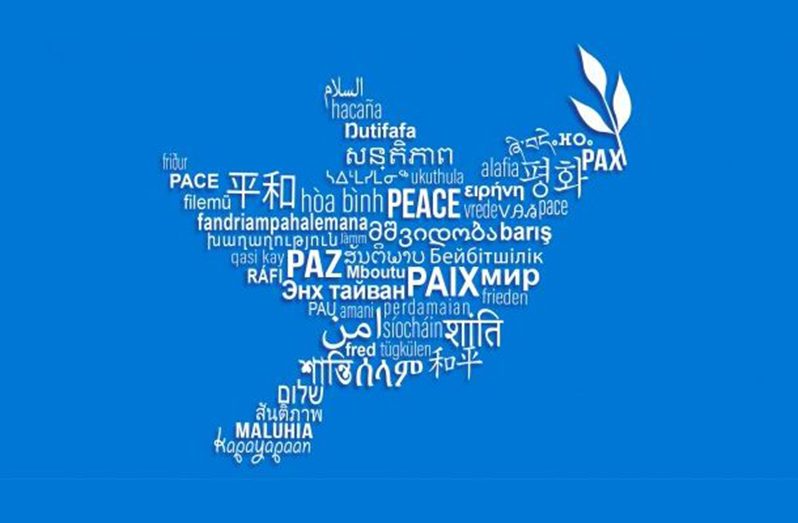By Vanessa Cort
LAST Tuesday, the United Nations and the world celebrated International Mother Language Day under the theme, “Multilingual Education – a necessity to transform education.”
The idea behind this day is to promote educating children in their mother tongue and then introducing other languages.
This may not seem an issue in countries like ours where children are taught in English – our mother tongue – and have an option to also learn foreign languages.
But as the UN tells us, “Globally, 40 per cent of the population does not have access to an education in the language they speak or understand.”
Hence, for these people, learning is made more difficult and lengthier, as they must first master a language that is unfamiliar to them before they can effectively begin their education.
In accordance with the focus of Sustainable Development Goals, which states that no one must be left behind, the United Nations Educational, Social and Cultural Organization (UNESCO) is advocating multilingual education; placing mother language first.
The organisation also recognises that multilingualism “contributes to the development of inclusive societies that allow multiple cultures, world views and knowledge systems to coexist and cross-fertilize.”
We in Guyana are getting a first-hand ‘taste’ of this with the recent influx of Spanish-speaking Venezuelans to these shores, along with French-speaking Haitians and Portuguese-speaking Brazilians.
It is now not uncommon to hear Spanish being spoken on our streets, in buses and stores, providing us with a unique opportunity to interact and practice a language also taught in our schools, for the fastest way to learn a language is to speak it as often as possible.
I have found English-speaking people to be supremely arrogant, expecting others to learn English, while making a poor attempt to learn another’s language.
As the only nation in South America whose mother tongue is English, we Guyanese are surrounded by neighbours who speak Dutch, French, Spanish and Portuguese. Learning one or more of these languages should be a priority for us as it will definitely help to foster better communication and closer relations between our countries.
The UN also stresses the importance of multilingual education in early schooling, for undoubtedly, the earlier children begin to learn a foreign language, the more proficient they will become as they grow older.
As one of the themes of its main event marking the International Mother Language Day, the organisation also explored the revitalisation of those languages and dialects that are either disappearing or being threatened with extinction.
And here too, we in Guyana should recognise the value of our rich Creolese language and make every effort to preserve it, as it reflects our traditions, memories and mode of thinking in a particularly Guyanese way.
According to UNESCO, a language disappears every two weeks, taking with it “an entire cultural and intellectual heritage.” This is a result of the globalisation processes, which have led to 43 per cent of the estimated 6,000 languages in the world being endangered.
In May 2007, the UN General Assembly called upon member states “to promote the preservation and protection of all languages used by peoples of the world,” an initiative which is still being followed today.
UNESCO Director-General, Ms. Audrey Azoulay, called for better collection of data to make “specific and customized action” possible, in her message marking this Mother Language Day.
She commented that all the languages spoken by people the world over carry within them a unique view of the world, “so much so that each disappearance of a language constitutes an irretrievable loss.”
The organisation notes that there is growing awareness today of the vital role that languages play in the strengthening of co-operation as well as “ensuring cultural diversity and intercultural dialogue.”




.jpg)









